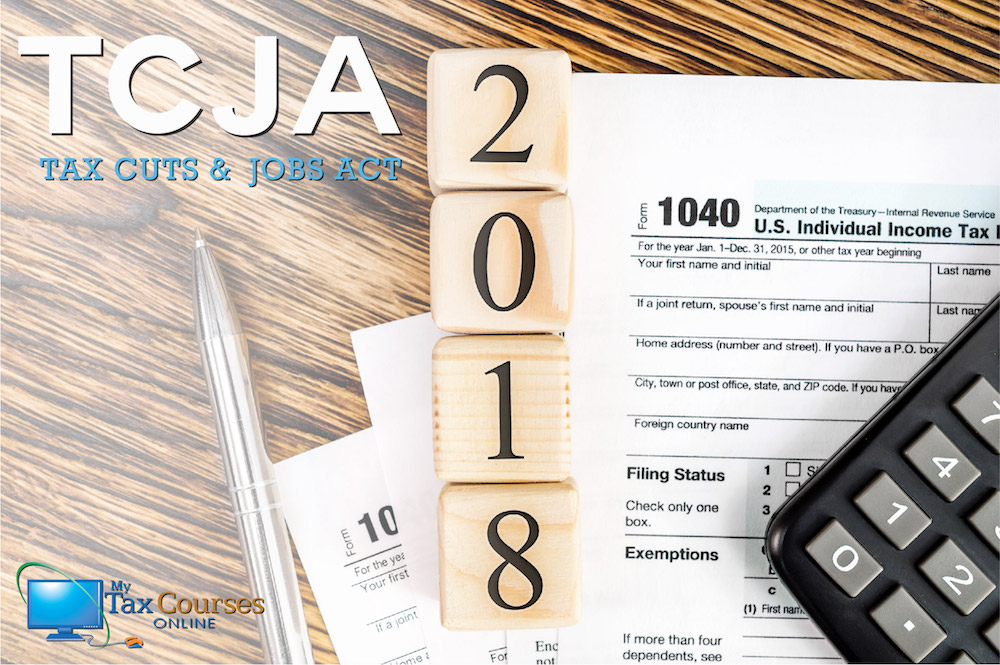The U.S. Treasury's Response to State SALT Workarounds
The Tax Cuts and Jobs Act—which made some serious changes to the way taxpayers can deduct state and local taxes (SALT)—continues to make waves among high-tax states like New York, Connecticut, and Illinois.
Although some of these states have already passed workarounds to prevent their citizens for searching for greener (or at least cheaper) pastures elsewhere, the IRS has begun to issue stern cautions to those hoping to use these changes to reduce their tax bills. Read on to learn about the tax changes New York and Connecticut have instituted to combat the federal SALT caps.
High-Tax States' Response to SALT Caps
Before 2018, taxpayers were permitted to deduct all their state and local taxes (including property and income taxes) from their federal taxable income. This was often enough to bump taxpayers out of the highest federal bracket, while high-tax states were able to limit the amount of individual and corporate taxpayer attrition they might otherwise see.
But the Tax Cuts and Jobs Act (TCJA) caps the SALT deduction at a flat $10,000. For some taxpayers in high-cost-of-living areas, this deduction won't even cover property taxes on a modest home.
New York has tried to circumvent this change by creating a state-operated charitable contribution fund. Taxpayers who "donate" the full amount of their tax bill to this fund can then deduct this "donation" in full, essentially re-instituting the unlimited SALT deduction.
Meanwhile, Connecticut proposed a new income tax on pass-through businesses, which saw a major rate cut under the TCJA, while also creating new tax credits for individuals and corporations. Legislators hope that these changes will keep tax rates—and revenues—fairly stable during any initial growing pains.
The IRS Responds
The U.S. Treasury released a statement indicating it would be looking closely at newly-enacted state tax laws that appear designed to re-institute unlimited SALT deductions. Under this policy, it's likely that New York's charitable contribution law will fizzle, as the IRS directly stated that it plans to consider the substance of these donations, not just their "charitable" classification when determining whether they're allowable deductions.
Because few taxpayers want to tangle with the IRS, residents of these states may be unlikely to take advantage of these new laws due to the fear of an audit and, later, the disallowance of some hefty deductions.
Source
https://www.bna.com/incentives-watch-connecticuts-b73014476423/
https://www.fool.com/taxes/2018/06/02/new-york-becomes-the-first-state-to-pass-a-workaro.aspx



